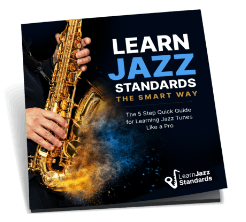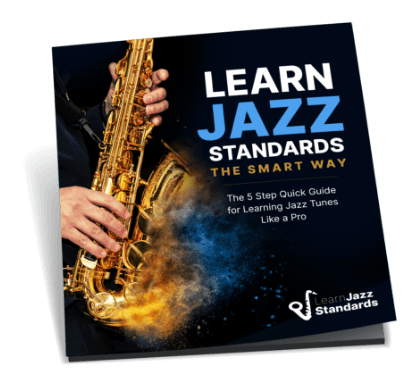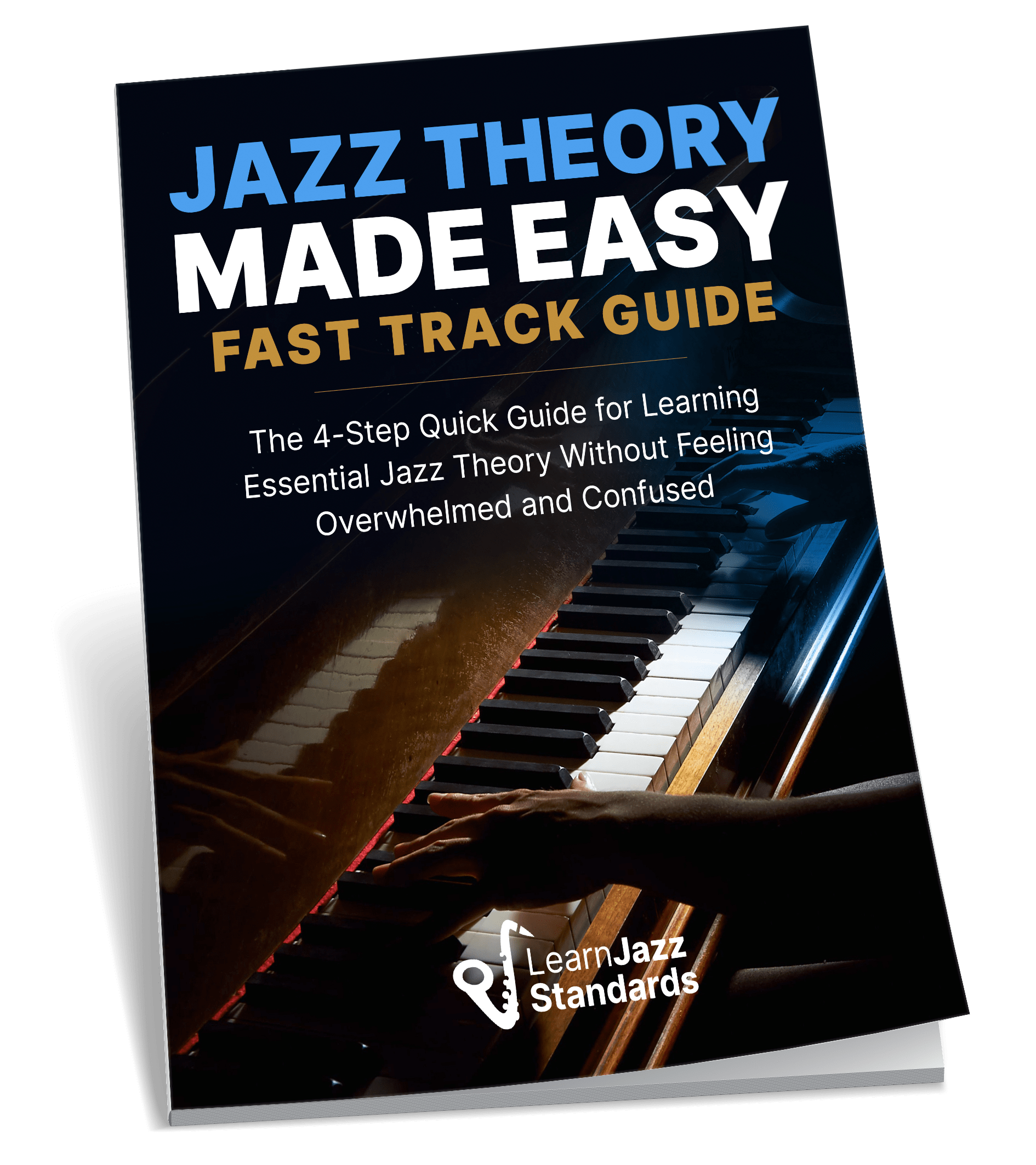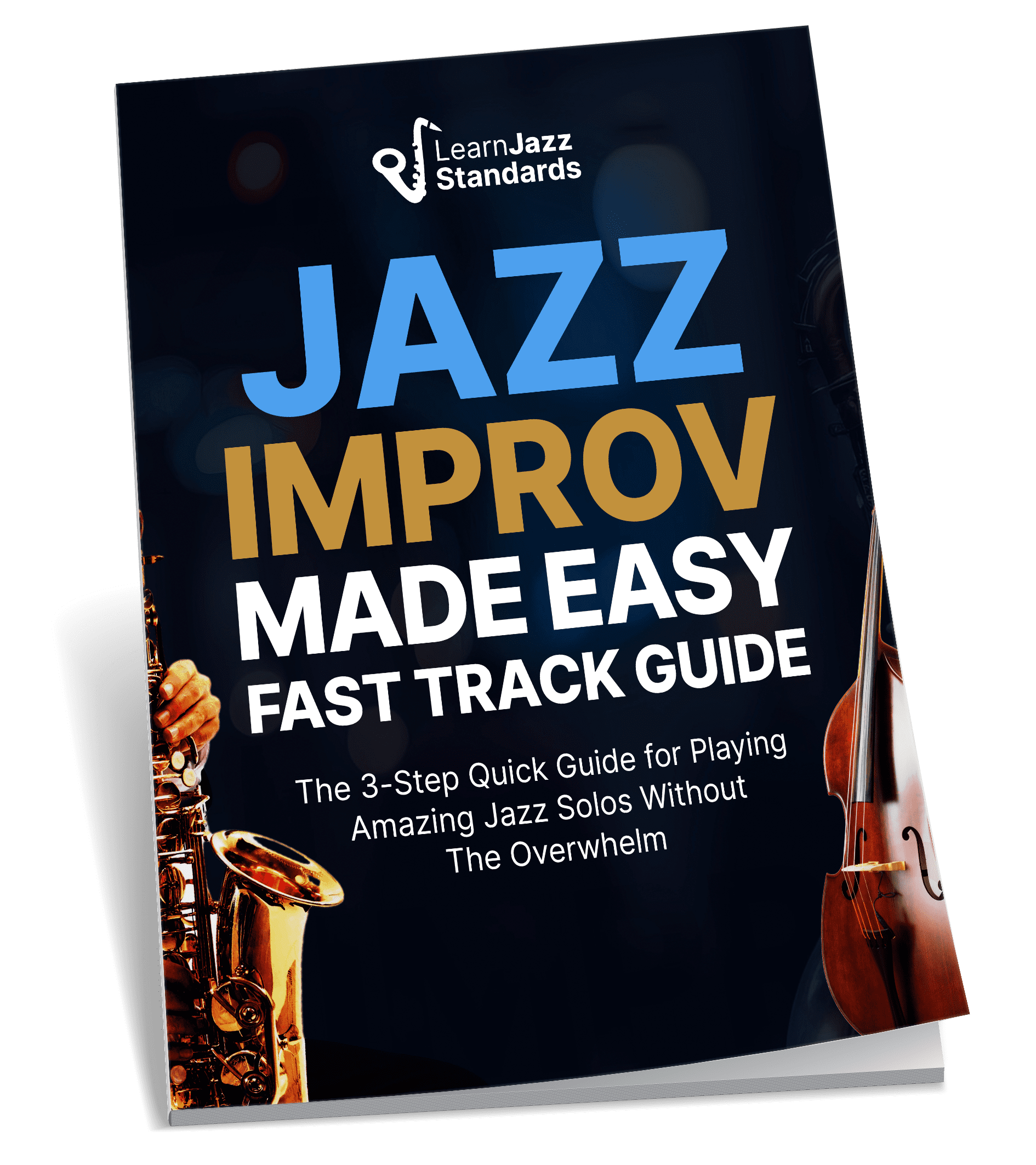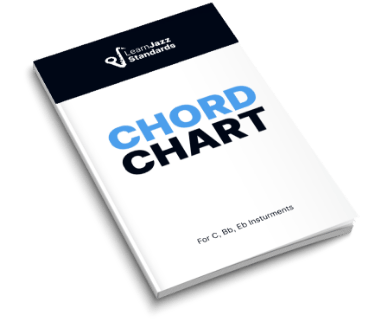We’ve all seen our fair share of great movies. I’m talking about those incredible motion pictures where you leave the cinema or your couch just absolutely dazzled with amazement. The plot, the characters, the roller coaster ride of emotions, the twist you just didn’t see coming all combining together to create a wonderland of cinematic entertainment.
Or maybe movies aren’t really your thing. Maybe it’s a really good book; a story that sucks you in and leaves you wanting more even after you’ve turned the last page. Sensational stories of adventure, romance, heroic feats of justice and mystery captivate every fiber of your being.
On the flip side we’ve also seen boring movies and read dull books. As opposed to the good ones, they are quickly forgotten. No one talks about boring stories unless they were memorably bad.
So here is the big question: What makes a great story? And maybe now you’re asking “what do movies, books and stories have to do with this anyway? I thought the title of this article was How to Build An Awesome Solo!”. So let me explain by asking more questions:
Have you ever been playing a solo at a gig or jam session, when you realize your second chorus feels the same as the first? Then the third chorus comes around, and you make the crucial mistake of continuing instead of ending the solo and passing the baton off to the next musician. As soon as you start playing that third chorus, that’s when you know: oops this chorus sounds the same as the other two. You have nothing left to offer! You can almost sense the boredom from the room, but it’s too late! I’m sure a lot of us can relate to this.
This is what I call a rambling solo or a flat line solo. They don’t really have any direction. If we were to translate a flat line solo into a conversation being had between two people, it would be as if the speaker was talking too fast and mono-tone, and often times not even making sense to the listener. If we could visualize this kind of solo, this is what it would look like:
Another classic example of a boring or non-awesome solo is what I call a wave solo. This is when there are multiple small climax’s within a solo which continually go back down and back up. Often times these solo’s are a result of the player being too eager to play some fancy lick, or getting swept away by something another musician did in the band. There may be parts of the solo that are interesting but in the end they don’t make cohesive sense. It’s like asking a series of questions without answers. If we were to visualize this solo here is what it would look like:
If you want to play an awesome solo you have to tell an awesome story. You have to get out there and say something meaningful. Improvising is all about self-expression and you need to channel that to create a cohesive flowing epic. Rambling and talking in circles won’t allow you to communicate effectively. You need to allow there to be direction and flow to your solos.
So this brings us back to the big question: What makes a great story? This is an important question to ask if we want to learn how to build awesome solos.
The setting.
Every solo has a starting point and this starting point will set the mood for where you are going to go. This starting point could be influenced by the previous soloist or it could be you who is setting the tone. It should always be somewhat informed by the melody of the song you’re playing and ultimately it needs to be your own personality that defines the setting.
A common mistake (if following another soloist) is to try to one-up them or do exactly as they do. I’m sure you know what I’m talking about. A classic example would be someone just takes a shredding solo with lots of chops and the audience loved it so you feel like you are forced into doing the same. Not at all! It’s okay to be influenced, but how can you tell your story if you are worried about being someone else? Tell your story not someone else’s.
From all starting points there needs to be a place to go. So if you want to come out of the gate running that’s totally fine, just keep in mind it needs to go somewhere and that somewhere is up, not down. Sometimes this could mean you start out simply and say less as well. There are a lot of ways you can grow a solo, just keep in mind that we don’t want it to flat line.
Setting the mood and establishing your starting point is the first step in creating an awesome solo.
The drama.
As your solo progresses you need to start adding some drama. Now what do I mean by drama in this case? I simply mean you need to add some emotional elements into your solo. Of course this will be informed by your starting point, and remember we are building up not down.
Now some of you are thinking: what do you mean by emotional elements? What does that mean musically? Well I’m sure we all have things in music that move us, so essentially I’m referring to those things. I don’t want to put a musical label on it like flurries of notes, big intervals or longer flowing lines because those might be inaccurate. Again there are a lot of ways to build a solo.
I think the best thing to do is listen to a great example. Listen to John Coltrane’s solo on Someday My Prince Will Come. If there was ever a great example of building drama this is it. Coltrane’s solo starts at 5:48.
The twist/climax.
Every great story needs a climax or a turning point and so does every great solo. As you build and build, eventually there has to be this point that is the culmination of what you want to say. That doesn’t necessarily mean it has to be louder, faster or drastically different than the drama leading up to it, but it should probably provide the maximum amount of emotional content you want to display. This is the “aha!” moment where your listener will say “yes that’s it!”. The goal would be to move your listener and show them the results of the drama leading up to that point.
Again, what musically makes a great climax to a solo is up for interpretation. For example, some would say in Coltrane’s solo that the climax starts at the 2nd chorus when he starts playing flurries of notes with lots of energy. For me it’s that note he hits at 6:55. It gets me every time! That’s the moment where I really feel it.
What matters most is what the climax emotionally means to you and that you are keeping in mind that you are building to a perceived high point in your solo.
The conclusion.
The conclusion of a great solo is always fairly short. You don’t want to drag it out long because by the time you are done, you still want the climax to be fresh on you listeners minds. That feeling of excitement or awe should still be there. The conclusion simply serves the purpose of wrapping it up and bringing it home. Bring some closure to what just happened in the climax. If you are still leaving question marks that’s okay too, just bring it down so you can move on. Again this could be as short as four bars, it all depends on the situation. Go back and listen to how Coltrane concludes his solo after 6:55.
Keep in mind the conclusion is one of the last things your listener will hear. If it’s a bad ending they will remember it! I personally have had to really focus on my conclusions because sometimes I would take a great solo but kill it at the end. Conclusions can be challenging so always put the most thought into these.
So what exactly does an amazing solo look like?
Probably something a little bit more like this and variations of. There is movement and a place to go. There is dynamic shape.
To simplify all of this: follow your gut and play without thinking all while keeping in mind you are telling a story. Don’t say everything you want to say right away. Allow the plot of the story to unfold and you will be well on your way to building amazing solo’s every time!
-Brent Vaartstra
To learn more about this author visit www.brentvaartstra.com



